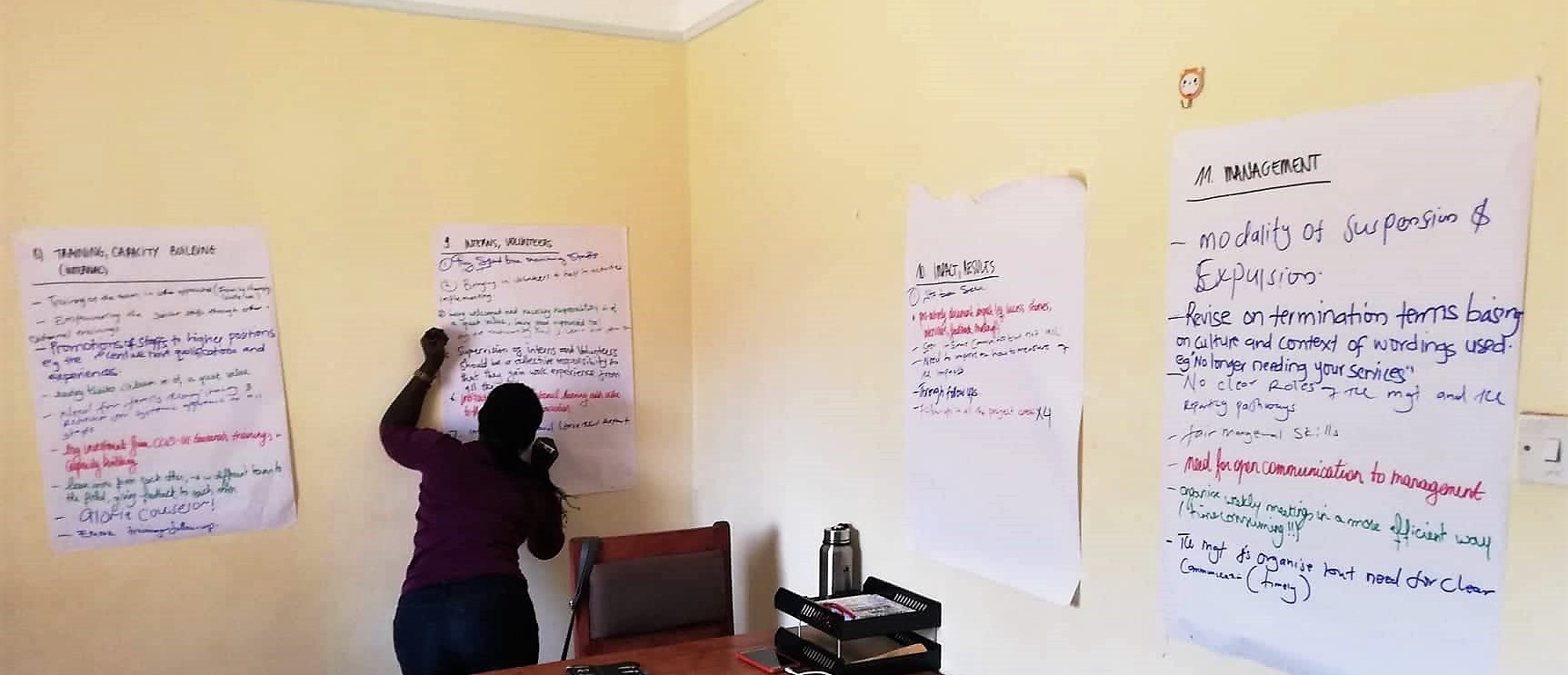THE PSYCHOSOCIAL NEEDS OF THE PALESTINIAN PRISONERS’ WIVES AND CHILDREN AND THEIR ABILITY FOR ADAPTATION
Country
Palestine
10/10/2011 - 01/01/2015
Erasmus Mundus External Cooperation Window-Action 2
Palestine is a hot-spot in the world due to Israeli occupation. Many people have been killed, injured and others have been arrested. The Palestinian families are still suffering from these events while the number of detainees in Israeli prisons is extremely increasing according to the Ministry of Detainees Affairs in 2010. Although arresting has a tremendous impact on Palestinian detainees' wives and children no studies concerned with their psychosocial and social were cited. Therefore, this study aims to identify both the adverse effects of the fathers’ arrest on wives and children, secondly how they can adapt to this vulnerable situation and cope with forced separation. Furthermore, it will highlight to experiencing social difficulties and the role of community, family and family in law members in providing social support to this part of society to improve their ability for a satisfying degree of adaptation and recovery. To approach these goals, a representative sample from different locations in the west bank including cities, villages and refugee camps will be investigated qualitatively and quantitatively.
SOCIAL CONTEXT
The Palestinian people have been suffering from Israeli occupation for more than 40 years. They have been resisting and fighting against this occupation since 1967. In 1991, negotiations between Palestinian authority and Israeli government started after which Palestinian people got rights and independency. Unfortunately, the peace process has been hampered. The most serious impact of the occupation on Palestinian society is the arresting the father of the family. The forms and the methods of detention by the Israeli occupiers were stressful and traumatizing because it influenced the psychosocial balance of the family dramatically. Beatings by Israeli armed clashes, frightening night arrests, impolite insulting and neglecting the dignity of the detainee and his family all overthrow the morale. The Ministry of Detainees Affairs recently reported that the number of detainees in Israeli prisons is 7500 prisoners, 62% of them are single and 32.7% are married whereas the total number of detainees captured and released since 1967 until now is 750000. The number fluctuates because there are daily arrests and releases of detainees. Therefore, most of the Palestinian families experienced the pain of the arresting process and as a result of that the wife is forced to take the role of the father in searching for economic sources and to carry the burdens of the household particularly the psychological, social and emotional areas. In addition, she has to follow her husband's demands who requires many occasional visits, dealing with lawyers, visiting the Ministry of prisoners affairs and the social affairs. She also may face different problems as stress, lack of sleep, fear, headache and stomach cramps. On the other hand, the children themselves suffer from nightmares, psychosomatic and social symptoms, depression, loss of security, lack of resources and the loss of the basic needs. The importance of this study lies on it being one of the few studies in Palestine which would explain the social and psychological effects of on detainee’s wife and children and measure the extent of their ability to adapt to the new situation.
OBJECTIVES
1. Identify the effects of the Palestinian fathers’ arrest on their wives and children.
2. Measure the ability of the wives and children for psychosocial adaptation.
3. Identify what experiences of difficulties and social support services are available for them.
4. Generate scientific knowledge and expertise to support the psychosocial well-being of children in vulnerable situations due to conflicts.
2. Measure the ability of the wives and children for psychosocial adaptation.
3. Identify what experiences of difficulties and social support services are available for them.
4. Generate scientific knowledge and expertise to support the psychosocial well-being of children in vulnerable situations due to conflicts.
PROJECT DESCRIPTION
This project will be conducted in four middle Governorates of the West Bank (Hebron, Nablus, Tulkarem and Bethlehem). The representative sample will include three different places i.e. city, village, and camp in each Governorate. Qualitative and quantitative research designs will be used.
To make a comparative study, a control group will be considered including wives and children who did not live the experience of detention and who do not suffer the pain of arrest. The purpose is to know how exactly the experience of fathers’ detention affected the Palestinian families and how they can adapt.
To make a comparative study, a control group will be considered including wives and children who did not live the experience of detention and who do not suffer the pain of arrest. The purpose is to know how exactly the experience of fathers’ detention affected the Palestinian families and how they can adapt.
